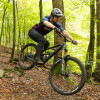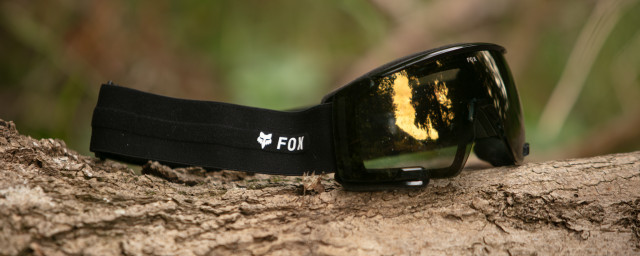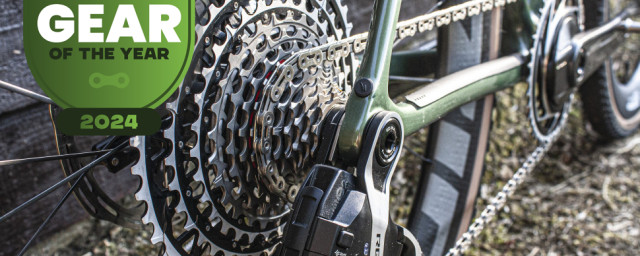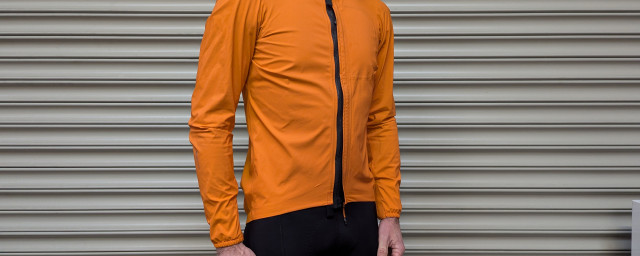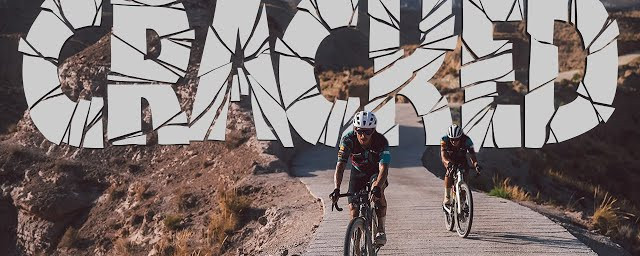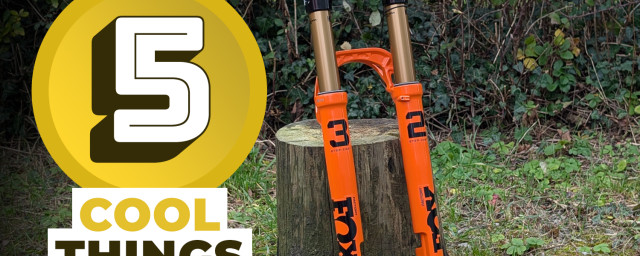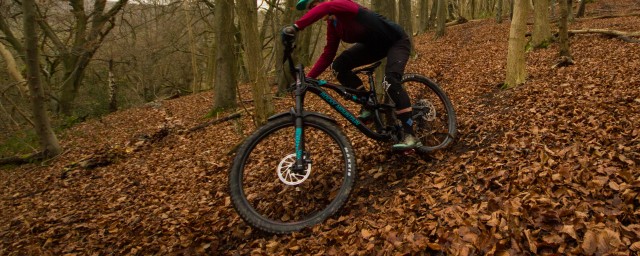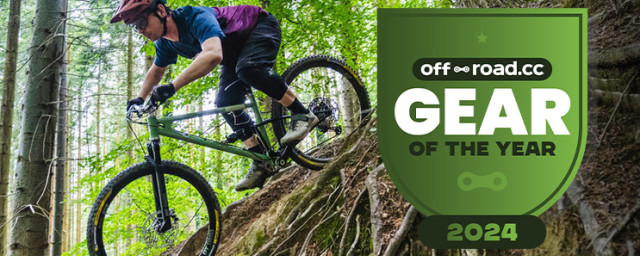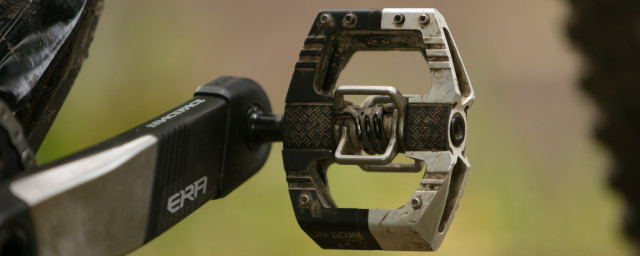Mountain Bike Icons - the Christoph Sauser story
[Words by Steve Thomas]
Christoph Sauser’s career was certainly on the long side and it came laced with a surprising amount of variation and a great amount of success, too. His palmārēs includes a cross-country mountain biking world title, two marathon world titles, an Olympic bronze medal, countless World Cup victories, and a record five Absa Cape Epic wins.
- Mountain Bike Icons – the Danny MacAskill story
- Mountain Bike Icons - the Burry Stander story
- Mountain bike icons - the Greg Minnaar story
With many of the Swiss cycling greats, their rise to stardom was underpinned by a rich family cycling history, although Christoph came across the sport in a way far more familiar to most of us.
"I grew up with a very sporty family, and with living in the mountains your options are limited. I was always out in the forest playing with friends; soccer, hockey, and full-gas skiing at every second all through winter. We went with the seasons, and when the first mountain bikes came out and I saw that you can go off-road with them, it was perfect in the mountains. We basically rode or pushed them uphill just to race each other downhill, and we had so much fun doing it. I was about 14 years old when I got my first mountain bike in 1989.”
Anti-gravity beginnings
Despite being known as a “marathon man” his beginnings were at the opposite end of the gravity scale.
"My first mountain bike world champs were in Metabief in 1993, and I was a first-year junior (riding downhill) - I participated in every World Championship until I retired in 2015. In the beginning, it was normal to do both downhill mountain biking and cross country, and I remember there were three juniors on the national team that didn’t do both, and I wondered what was wrong with them; where was the fun in that?”
"I rode the same bike for XC and DH for the first few years - no worries. When I finished with downhill that was a big shift, and things got way more specialised and almost nobody was doing both. It’s basically two different sports, and when you look at the body types of the athletes now, they’re way different, but in the beginning, it wasn’t that professional.”
Reaching the highs
From humble and fun beginnings and ambitions things soon changed, and his talent started to garner attention.
"We were playing with bikes and pushing each other on jumps and things all of the time, and we had ski backgrounds, and so it raised our level. When I went to my first downhill race, the Swiss Champs, I was second and so I was straight into the national team. I think I was quite gifted, although we were just playing with bikes but the ski background helped a lot.”
However, in the early part of his career, he was still shy of the mark set by the then-dominant Swiss XC riders of the era.
"With cross-country, I didn’t make the national team – because that took a bit more work, which was good for me. When I started to train and work more specifically, I was more motivated to do XC. In 1995 I did pretty much the whole DH World Cup, but if you don’t have the right support and equipment, and end up working on your bike, after about a minute into the run you wonder why you’re doing this. The benefit versus input (in DH) just wasn’t there anymore, and suddenly I also got better and XC.”
Soon enough his attention began to shift towards chasing longer-form dreams.
"I was pretty result-driven, and DH was just 5-10 minutes back then and I lost interest. With age you also gain the endurance part, not just the downhill, and I started liking to race against other racers at the same time; man against man, as opposed to against the clock in DH. That also really inspired me.”
Realisations and visions
"At a cross-country World Cup in France (I was U23) I finished around 15th, which was incredible for me. I saw the time gap and thought with the age gap, with more training, and with becoming pro later – maybe there was a chance that I can really win a World Cup race, and that really opened my eyes. Then, during a race in 1998, totally out of the blue (and I have no idea why) I was suddenly racing in the top 5, and I’d never really been top 10 before. That was totally mind-blowing - racing with your idols. Unfortunately, on the last lap, I had a bad crash with a spectator and finished about 8th or 9th, and that was when I saw I had it.”
Long shots
Switzerland has many great single-day marathon races and, yet as a young rider, Christoph was still a few cols short on the endurance side when it came to marathons.
"I didn’t do marathons when I was younger as I didn’t have many hours in my legs, I would last 1.5 hours and then I was pretty dead. It only came when I was pro and training longer that I was doing super well in stage races and marathons, which ended up being my strong point, while the shorter XC races became my weakness, so I ended up training for the punchy stuff.”
Needless to say, soon enough he found that stage racing really suited his evolving endurance prowess, and the Cape Epic, in particular, became a major focus, and he earned a record five victories in the great race.
"I realised that in stage racing there is a different story and rivalry every day. There’s so much going on, and so when you come out as a winner it weighs so much. Every day is race action; it’s not like a World Cup where you’re sitting in your hotel, training every morning. I just love the action, it’s exciting and I like the challenge.”
Clash of the Titans
With such a long career behind him, Christoph clashed with many of the titans of the sport, and in different eras, too.
Who was his most significant and most feared rival?
"Definitely Julien Absalon, we had so many close battles at World Cups and World Championships. When Nino Schurter came along, I was also on my way down, and they also reduced the race length to 1.5 hours, and I didn’t really have many battles for the win with Nino.”
Highlights
"It may sound a bit boring, but it’s the consistency. I never really had a down year, apart from maybe 2009, but I still had some good results. Ever since I took a licence in 1993 until I retired in 2015, I took part in the World Champs, and have never been injured or sick.”
On ranking his striped jersey?
"The XC is for sure above the marathon in terms of importance – it’s an Olympic sport. But the XC is over in one and a half hours (it was two hours), but in a marathon, you never know what’s going to come up. It might be a suffer fest or whatever, so if a title comes together after 4-5 hours that’s also incredible, versus the short-duration XC race.”
The lows
"The two last Olympics; in Sydney (2000), a bronze medal just happened. Sure, I’d won the World Cup before, but I wasn’t really a top favourite at a super-young age. In Athens and Beijing, I was a big favourite, I broke my chain at the end at Athens and was a DNF as there was no tech zone. In 2008, in Beijing, I was the World Cup leader, but I cut my knee training in Mont-Saint-Anne before the race, and it got infected and I couldn’t ride. It wouldn’t be a big deal if the Olympics weren’t in three weeks off, but it was an injury at the worst moment.”
"Somehow, I had to start pedaling again, and it worked, and I could go over my knee but I was far from 100% and finished fourth in the sprint for bronze with Nino.”
The regrets
"Maybe after 2008, when the races got shorter, I should have brought on my coach earlier, because I was mostly self-coached. In 2011/12 when I took a coach it brought me to a higher level. I should have taken a coach in my best years – in 2008, to bring me out of my comfort zone, and really training for explosivity.”
Coffee rides
These days Christoph and his wife live in the Swiss Valais region where, in between working as a part-time rider-advisor with the Specialized team, he runs his thriving speciality Horizonte coffee roasting and online coffee retail business, and of course, he still rides - when time permits, only not quite as fast and long as in his racing heyday.
I ride up and down to the roastery (which is quite a slog), and basically just go running in the winter. Hopefully, I can fit in a ride at the weekend but, with a family, it’s not always easy - but family life is also cool. I’m an independent, so I can always go out early in the morning and work efficiently in the afternoon if I want.”
